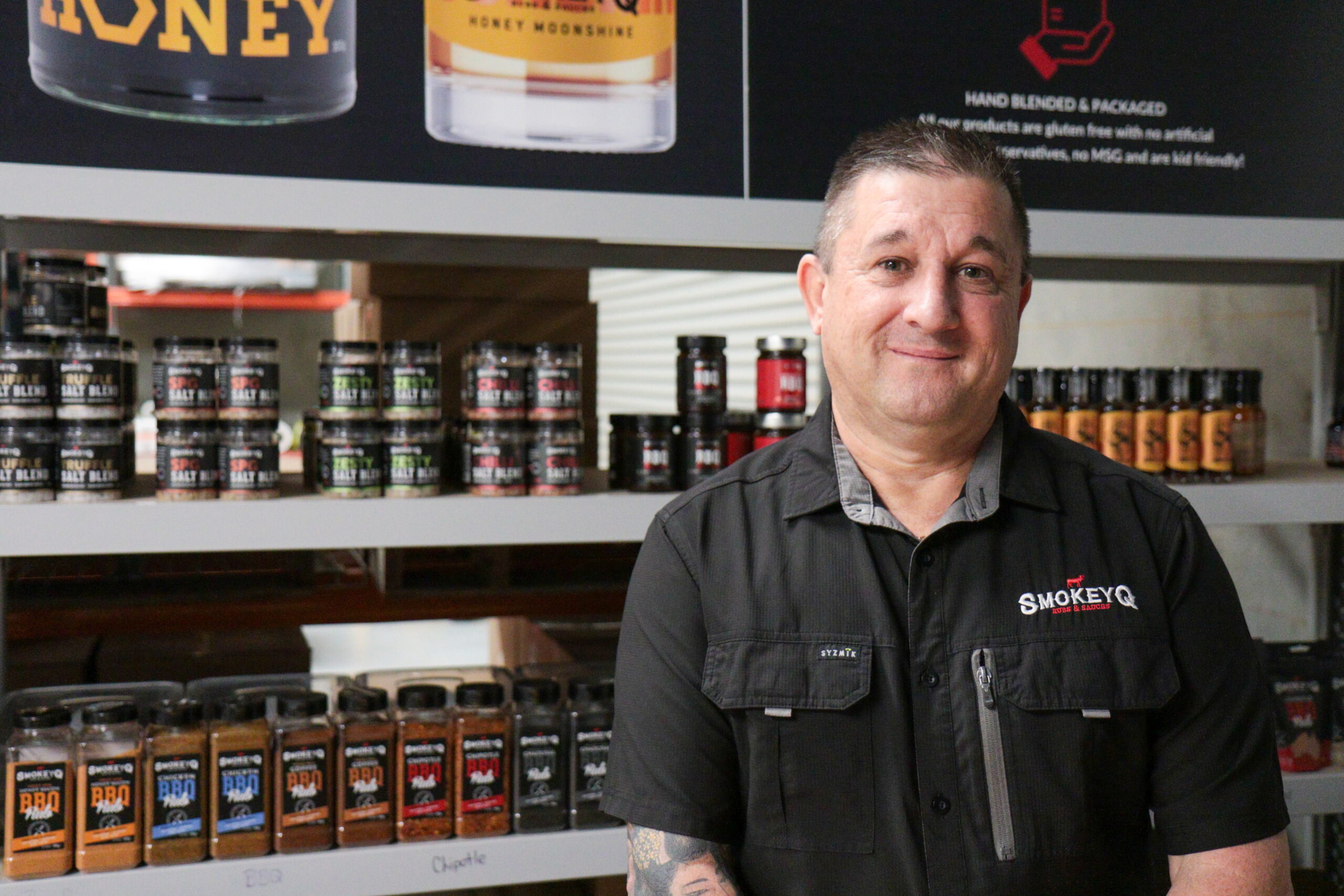Captain Richard de Crespigny – who successfully steered flight QF32 to safety after the Airbus 380 suffered sudden engine failure over Singapore in 2010 – understands how to lead no matter what the circumstances.
In his book FLY!, he analyses the learnings of not only himself but others who’ve shown immense resilience under pressure such as NASA director of mission operations Gene Kranz.
Partly in response to being asked “how did you do it”, de Crespigny examines the neuroscience of the mind and how it reacts in the most stressful of situations, with the advice and learnings relevant and applicable to leaders in any field and at any level, not just those facing crises.
Where his first book QF32 covered the “what” of the incident, FLY! delves deep into the “why” disaster was averted by looking at the elements of resilience such as knowledge, training, experience, leadership, teamwork, crisis management, decision making, risk and post-traumatic stress.
Writing FLY! affirmed that he would not have changed any of his decisions on the day the near disaster dominated the world headlines.
While lauded a hero, De Crespigny humbly credits the team involved, highlighting the importance of that entwined leader-team relationship.
He says while a good leader will have a clear sense of their values, beliefs, understanding of their responsibilities and authority and be able to take control, they often miss an important element.
“You must passionately care for your team. You must protect your team. You have to enable your team. A good leader will give the team the skills, roles and tasks so they can’t fail,” he says.
“So what that means is that a win like QF32 is therefore a team win. A failure is always the leaders’ fault.
“When you care, you give psychological safety to people to step up and say ‘Stop!’ or ‘I am not happy’, or ‘have you considered this’? When you do that the leader brings out the best in teamwork and that brings out the best in resilience.”
Don’t forget empowerment
Empowering the team is everything and projecting humility and vulnerability will inspire greater trust, willingness to share and problem solving, De Crespigny says.
“I start every flight by saying we are all working as a team, there’s no egos. I will make mistakes during this flight, I demand that you tell me what I do wrong. You can be as pedantic as you wish, please just prioritise when you tell me.”
He believes that when a leader shows their vulnerability and is humble, it invites everyone else to offer their own humbleness and vulnerability.
“If people ask a question, if I expose a vulnerability, 99 per cent of the time the rest of the team will say, you know what, I have that same concern. Then I’ll say ‘well let’s research it together’,” he says.
“Offering humility engenders trust and great team work. It’s vital that the leader sets up a good working environment in which every team member contributes and the team prospers. And if the leader doesn’t then the team work will fail and that means the leader will probably fail as well.”
De Crespigny says micro-managing, failing to delegate and trust the team damages their performance and increases the chances of mistakes going uncorrected, leaving the leader exposed to shouldering the blame.
“The good things for pilots is, it’s like ground hog day for us. Pilots start a new team every day when they go flying. Every day they get to experience what works and what doesn’t work, slowly improving their teamwork skills in the process.
“So I have a very clear approach to how I build a team and it works very well. Often at the end of the flight crew members approach me saying ‘I have really enjoyed flying with you’,”de Crespigny says.
Debrief before it’s gone
Debriefing is critical and where de Crespigny has experienced some of his greatest learnings.
“After every take off when we are established in the climb at safe height we will debrief everything we did up through the take-off. Same for after landing. I start the process by saying ‘I made a mistake, I didn’t turn this light on, or I forget this’ and people will say ‘well that doesn’t matter, but I did this’.
“The reason for debriefing early is people’s minds will remember things they did wrong for a limited amount of time, so they are quickly forgotten. Having a debrief quickly after an event means people will raise all the faults, their mistakes or questions.
“When any team member says ‘I think you made a mistake’, ‘how do you do this’ or ‘have you thought about doing it this way’, you are inviting your team to learn, adjust and improve.”












